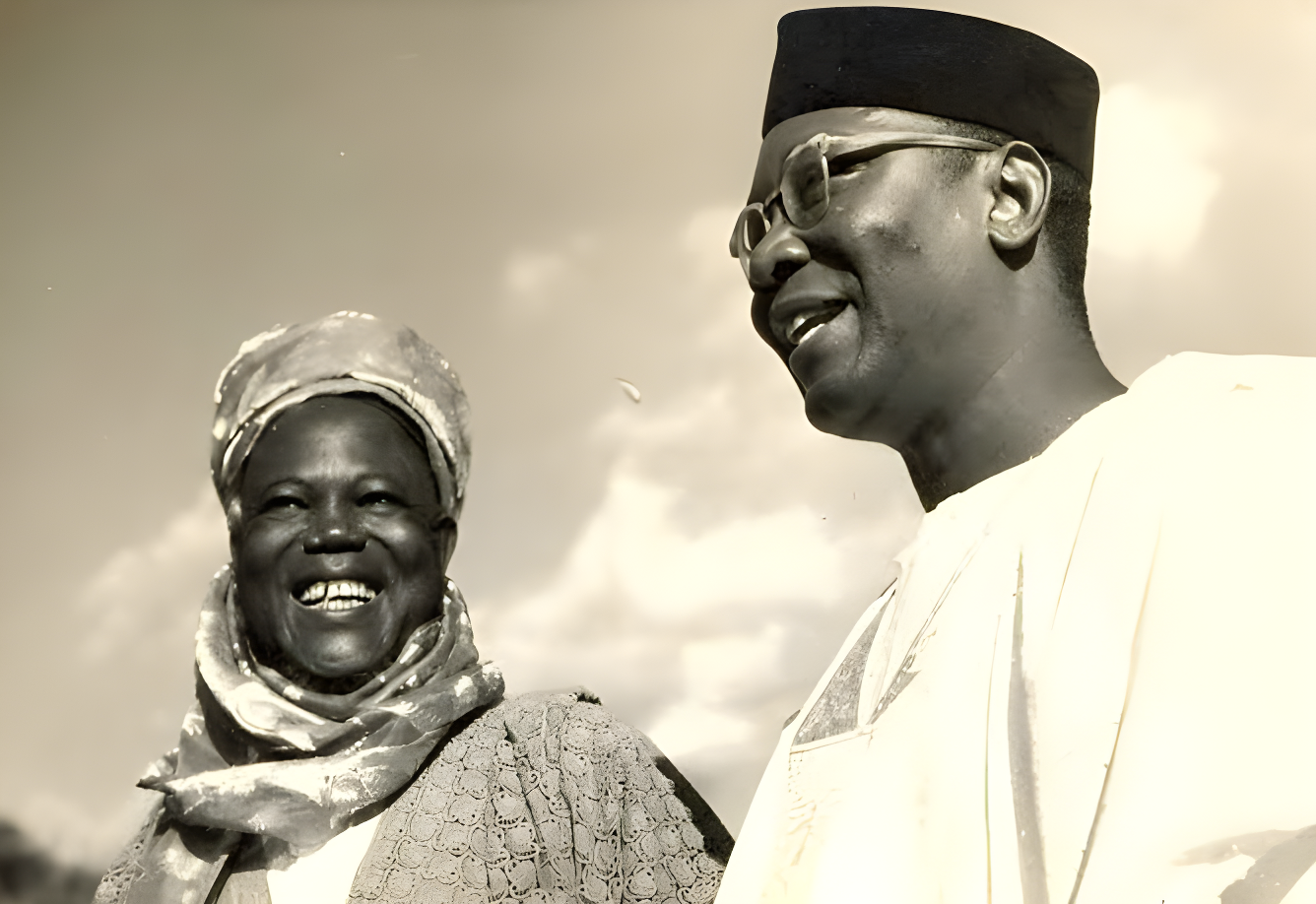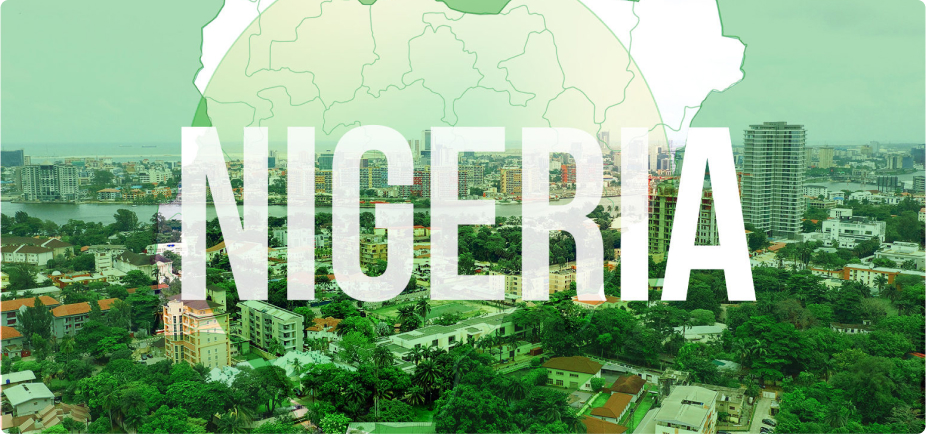
History of Nigeria
The name Nigeria was taken from the Niger river running through the country. This name was allegedly coined in the late 19th century by British journalist Flora Shaw, who later married Baron Frederick Lugard, a British colonial administrator. The origin of the name Niger, which originally applied only to the middle reaches of the Niger River, is uncertain. The word is likely an alteration of the Tuareg name egerew n-igerewen used by inhabitants along the middle reaches of the river around Timbuktu prior to 19th-century European colonialism.

Nigeria today is marked by the emergence in various epochs of civilisations, kingdoms, states and empires, as well as a caliphate and colonial rule, before the founding of the Nigeria Nation-State in 1914 and its subsequent independence in 1960. Archaeological evidence from various parts of Nigeria suggests that parts of the country were occupied by man since the Palaeolithic or Old Stone Age period (500,000-9000 B.C.) and that such populations seem to have been physically and culturally contiguous with the present-day inhabitants. In the north, the most populous groups comprised the Hausa, the Kanuri, the Bolawa, the Ngizim, the Menga, the Margi, the Buduma, the Kotoko, and the Fulani who joined in the 19th Century through trade, Jihad and conquest. Of all these peoples, the Kanuri, the Hausa and the Fulani engaged in state formation and empire-building process. The Kanuri people were closely connected with the people of Kanem in the eastern part of Lake Chad, in which a kingdom comprising several small states emerged in about the 9th Century. In AD 774, there emerged the Sefawa, who eventually came to dominate the whole Lake Chad area. The beginning of this empire coincided with the rise of Mali and Al-Kawkaw or Songhai, and with the period of Ghana’s greatness. For many years, what came to be known as the Kanuri Empire was made up of two parts, separated by the Lake: Kanem (in present-day Chad) and Borno (in Nigeria).

Ministry of Foreign Affairs